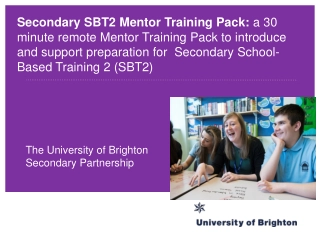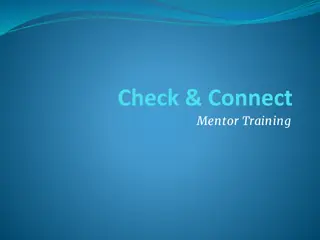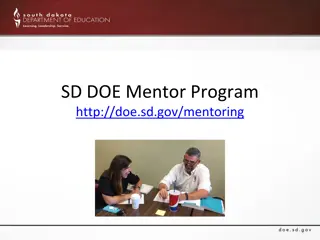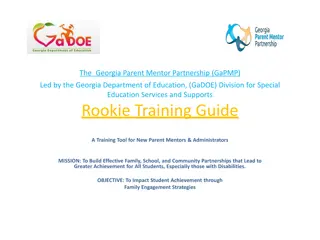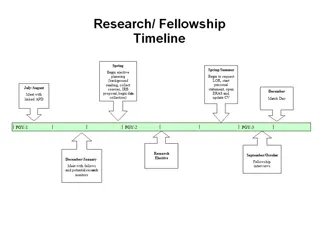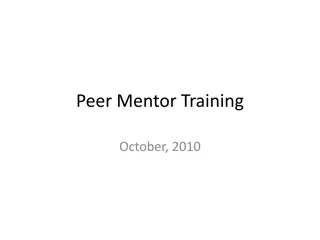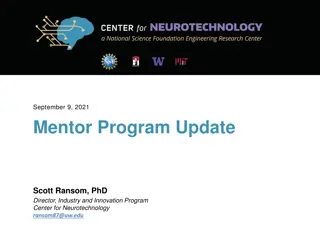
Helping Students Process Grief: Strategies for Coping with Loss
Learn valuable tips on how to support students dealing with grief, including maintaining a caring attitude, allowing time to process the news, encouraging remembrance, and understanding that healing takes time. Discover helpful resources to aid in this process.
Download Presentation

Please find below an Image/Link to download the presentation.
The content on the website is provided AS IS for your information and personal use only. It may not be sold, licensed, or shared on other websites without obtaining consent from the author. If you encounter any issues during the download, it is possible that the publisher has removed the file from their server.
You are allowed to download the files provided on this website for personal or commercial use, subject to the condition that they are used lawfully. All files are the property of their respective owners.
The content on the website is provided AS IS for your information and personal use only. It may not be sold, licensed, or shared on other websites without obtaining consent from the author.
E N D
Presentation Transcript
Death How to help your student process grief
Have a caring attitude. Provide a quiet, unrushed atmosphere for your conversation. Use words that are simple and direct. Give them time to process the news. Telling Them Their Mentor Died Example: I have some sad news to tell you. Your mentor, Ms. Moxley died today.
Healing doesn't mean forgetting about loved ones. Help your child remember their mentor. Draw pictures, write down their favorite memories. Don't avoid mentioning the person who died. Sharing happy memories is healing. Talk about funerals and rituals. Ask your child if they want to attend the funeral. Do not make them attend. Explain terms like burial, cremation, and casket. Respond to their emotions with comfort and reassurance. Ask about their feelings and listen. Let them know it takes time to feel better. What Next?
Every child reacts differently to the news of death. There is no right or wrong way to grieve. Listen and Comfort They may cry, ask questions, or appear to have no reaction.That's OK. Stay with your student to offer hugs, reassurance, answer questions, or just be together.
Healing doesn't mean forgetting about loved ones Additional resources can be found at kidshealth.org aap.org

